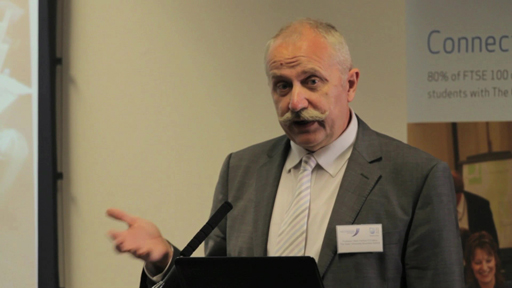6.3.4 Emotions and investment decisions
To conclude our study of behavioural influences – specifically human emotions – on individuals’ investment decisions, watch this video of a presentation on the subject by Professor Mark Fenton-O’Creevy of the Open University Business School.

